Boy George: The Vibrant Journey from Culture Club to Iconic Solo Stardom

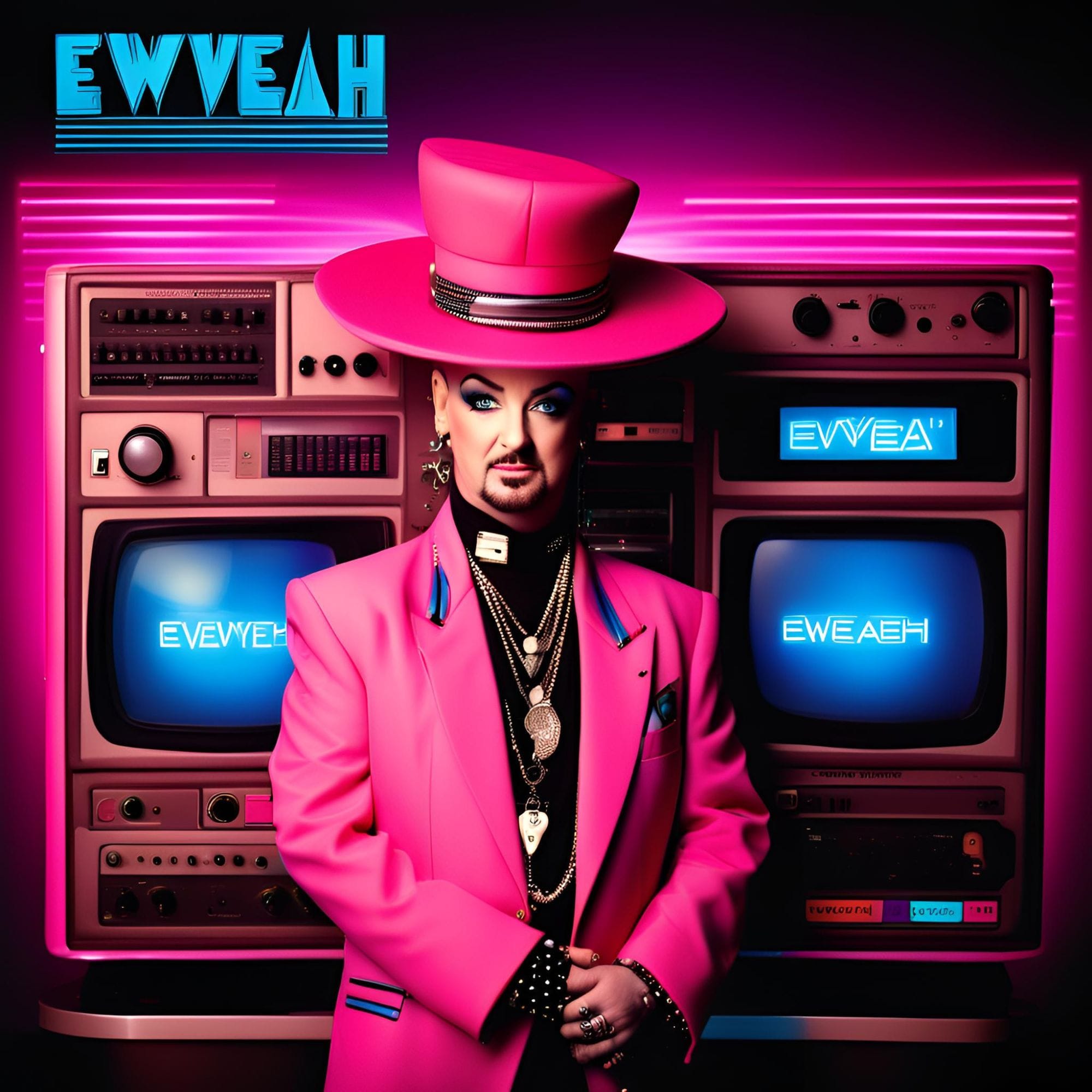
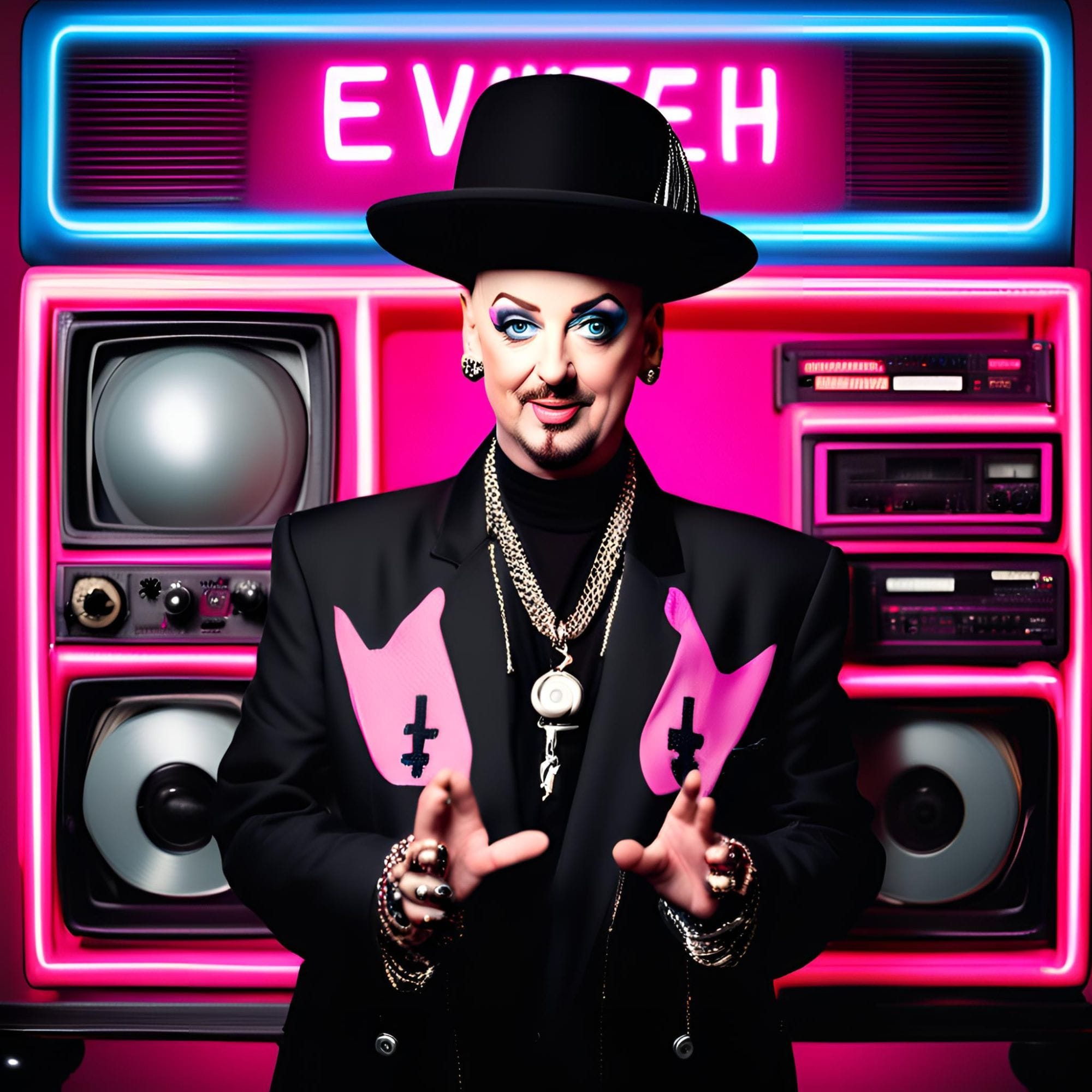
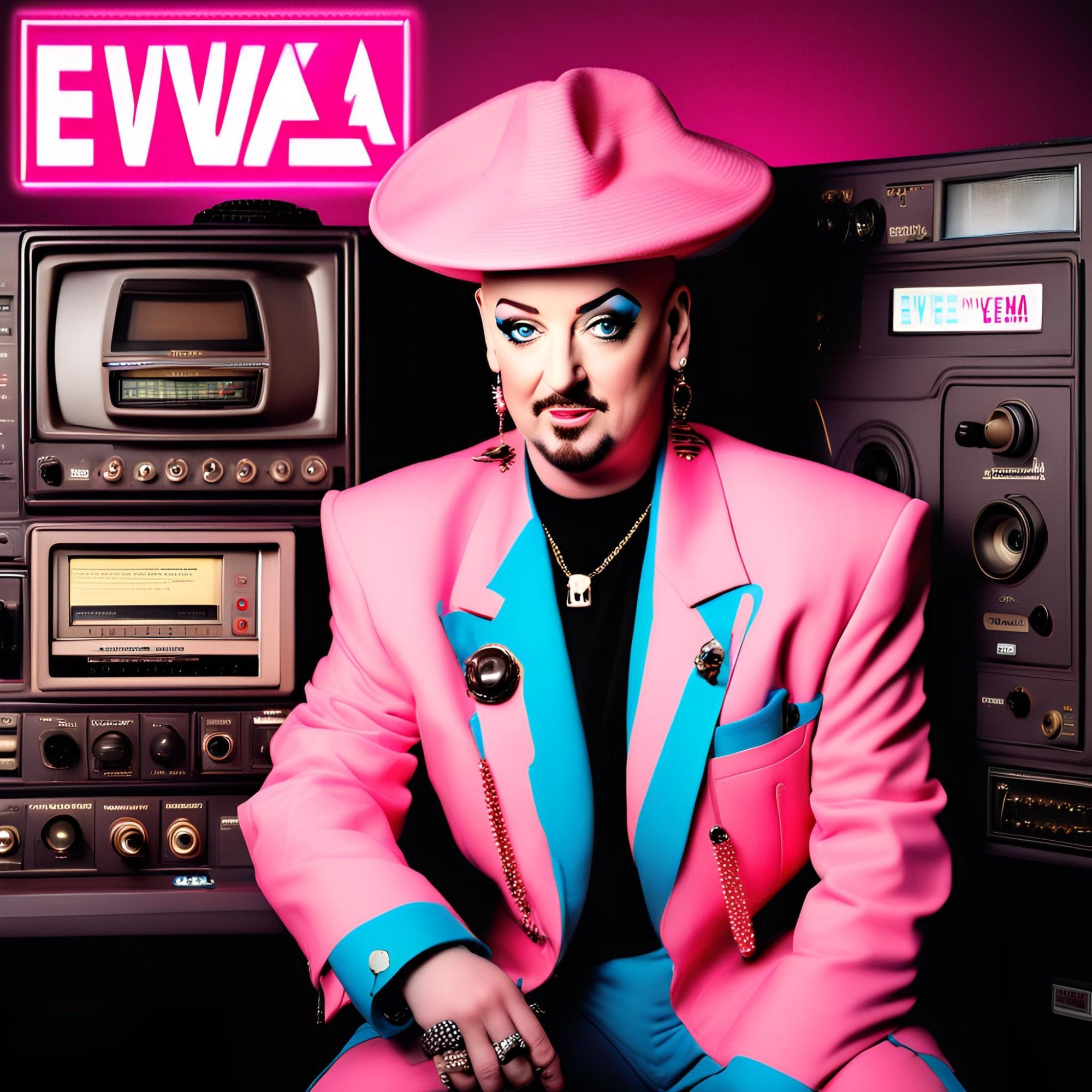
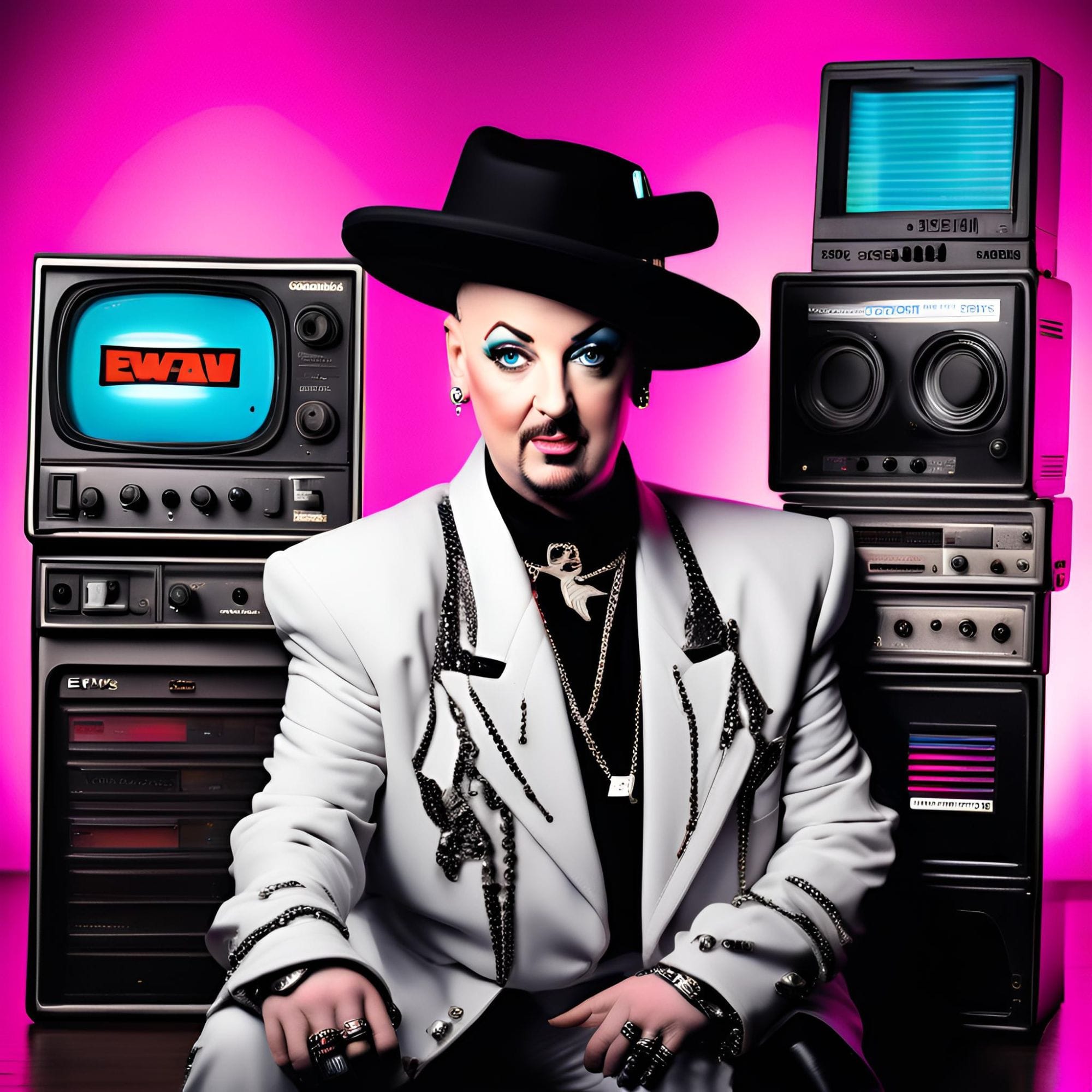
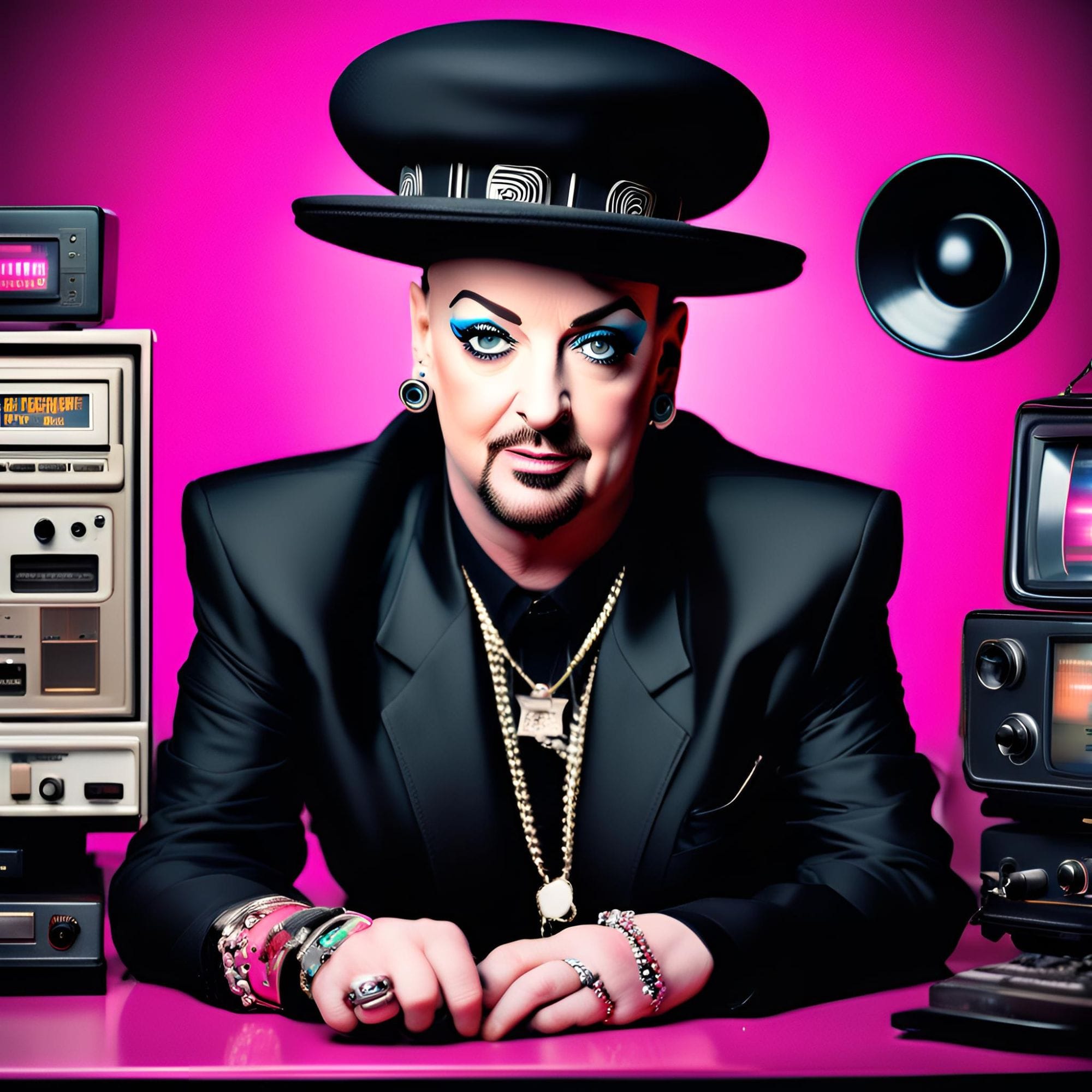

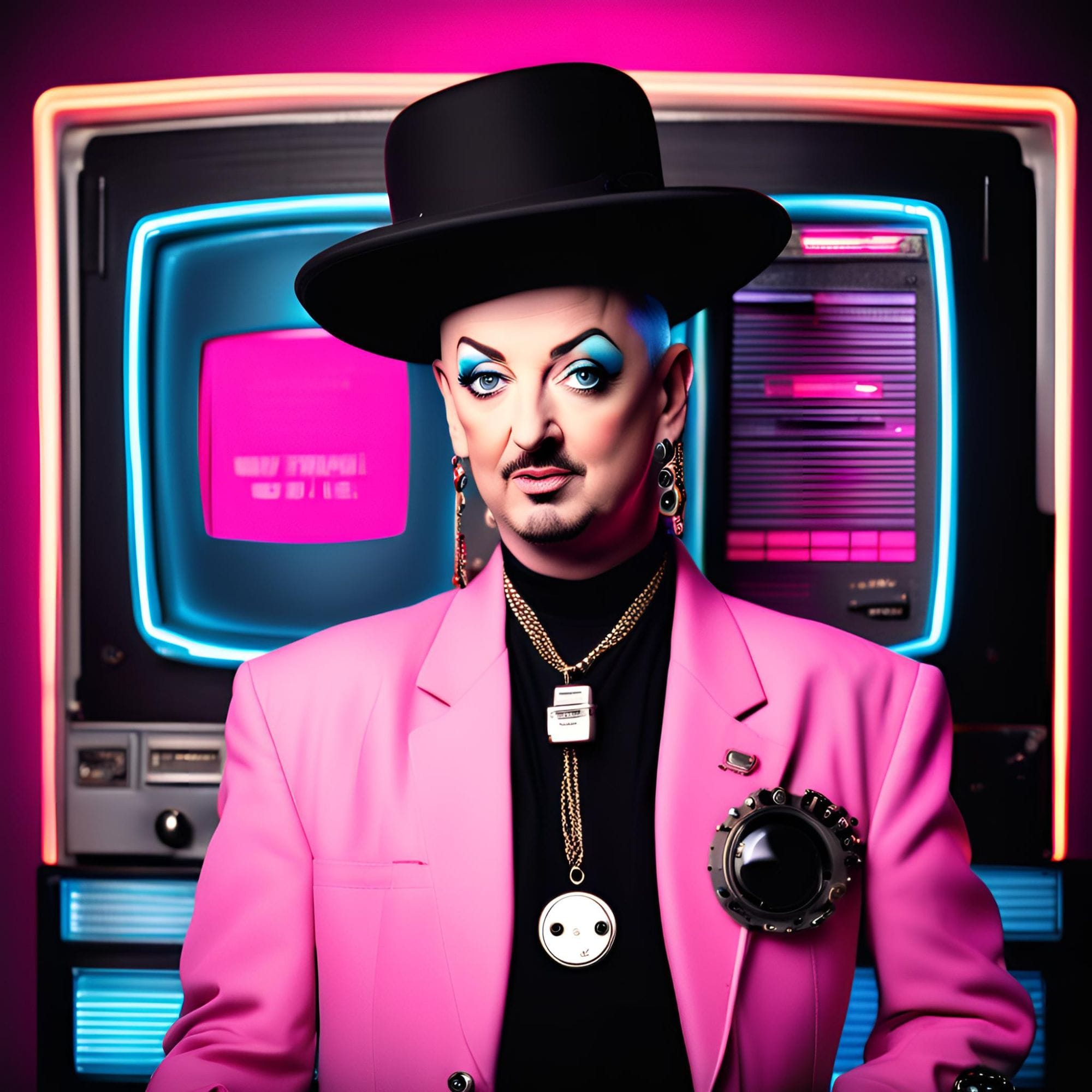
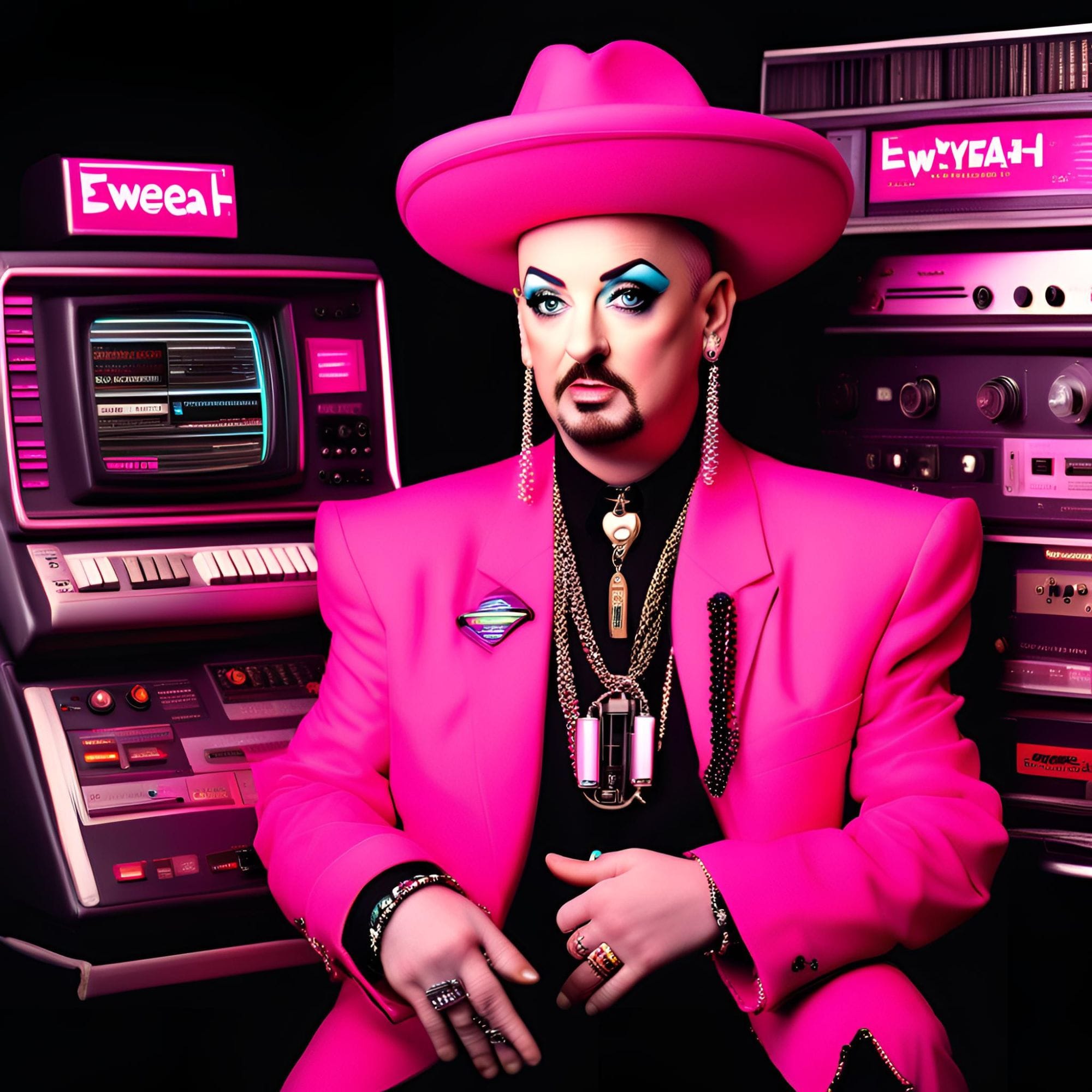

buymeacoffee.com coming soon..
Introduction
Boy George, born George Alan O'Dowd on June 14, 1961, in Eltham, London, is a quintessential figure in the world of music and pop culture. Known for his distinctive voice, flamboyant style, and androgynous appearance, Boy George rose to international fame in the early 1980s as the lead singer of the band Culture Club. With hits like "Do You Really Want to Hurt Me?" and "Karma Chameleon," the band not only dominated the charts but also became emblematic of an era defined by its eclecticism and boundary-pushing aesthetics.
Over the years, Boy George has proven himself to be more than just a pop star. He has navigated the highs and lows of fame with a resilience that is both inspiring and instructive. His journey encompasses a successful solo career, numerous collaborations with other artists, and a foray into various forms of artistic expression, including DJing and fashion design.
However, Boy George's life and career have not been without controversy. From legal troubles to struggles with addiction, his personal narrative is as complex and multifaceted as his public persona. Despite these challenges, he has remained a vocal advocate for LGBTQ+ rights and other social issues, using his platform to effect positive change.
In this article, we will delve into the life of Boy George, exploring his early years, career milestones, and the various facets of his personal and public life. Through a comprehensive examination, we aim to provide a nuanced portrait of an artist who has left an indelible mark on the music industry and beyond.
Early Life
Childhood and Family Background
Boy George, born George Alan O'Dowd on June 14, 1961, in Bexley, Kent, England, grew up in a large Irish Catholic family. He was one of six children born to Jeremiah and Dinah O'Dowd. His father, Jerry, was a builder, while his mother, Dinah, took on the role of homemaker. The household was often tumultuous, marked by Jerry's unpredictable temper and the challenges of raising a large family on a modest income. Despite these hurdles, George's mother was a stabilizing and supportive figure, nurturing his early interests in the arts and music.
George's childhood was colored by a sense of being different. From an early age, he exhibited a flair for fashion and creativity, often clashing with societal norms and expectations. This sense of otherness was further reinforced in school, where his eccentric style and outspoken personality made him a target for bullying. Nevertheless, these experiences helped forge his resilient character and distinctive identity, both of which would later become central to his public persona.
First Musical Influences
George's passion for music was ignited at a young age. He was particularly drawn to the glam rock movement of the 1970s, idolizing artists like David Bowie, Marc Bolan of T. Rex, and Roxy Music. These performers captivated him with their flamboyant styles and boundary-pushing personas, offering a glimpse of a world where self-expression was celebrated rather than censured. Bowie, in particular, had a profound impact on George, not only musically but also in terms of challenging traditional gender norms and embracing androgyny.
In addition to glam rock, George was influenced by soul and reggae music, genres that he would later incorporate into his own eclectic sound. He spent countless hours listening to records and honing his vocal skills, dreaming of one day becoming a performer himself. His early musical education was largely self-directed, fueled by an insatiable curiosity and a deep-seated need to express himself through song.
Formation of Culture Club
The seeds of what would become Culture Club were sown in the late 1970s, during George's frequent visits to the vibrant London club scene. It was here that he adopted the moniker "Boy George" and began to cultivate his unique androgynous look, characterized by flamboyant makeup, colorful clothing, and elaborate hats. These clubs were melting pots of creativity, attracting artists, musicians, and performers from all walks of life. They provided George with a platform to experiment with his style and sound, and to connect with like-minded individuals.
In 1981, Boy George joined forces with bassist Mikey Craig, drummer Jon Moss, and guitarist Roy Hay to form Culture Club. The band's name was a reflection of its diverse lineup, which included members of different ethnic backgrounds and sexual orientations. This diversity was not only a defining characteristic of the group but also a source of strength, allowing them to draw from a wide range of musical influences and cultural perspectives.
Culture Club quickly gained attention for their distinctive blend of new wave, soul, and reggae, as well as for Boy George's striking appearance and soulful voice. The band's early gigs in London clubs generated a buzz, and they soon caught the eye of record executives. By the end of 1982, Culture Club had signed a recording contract and were on their way to becoming one of the most iconic bands of the 1980s.
Career Highlights
Breakthrough with Culture Club
Boy George's ascent to global stardom began with the formation of Culture Club in 1981. Alongside bandmates Roy Hay, Mikey Craig, and Jon Moss, the group quickly gained attention for their unique blend of pop, soul, and reggae, as well as Boy George's androgynous appearance and charismatic stage presence. Their debut album, "Kissing to Be Clever," released in 1982, featured the international hit single "Do You Really Want to Hurt Me?" which topped charts worldwide and catapulted the band to fame.
The success continued with their second album, "Colour by Numbers" (1983), which included the chart-topping hit "Karma Chameleon." This song not only became one of the biggest hits of the 1980s but also solidified Culture Club's place in pop history. The album itself was a commercial triumph, selling millions of copies and earning the band a Grammy Award for Best New Artist in 1984. Their eclectic sound and Boy George's distinctive voice made Culture Club a defining act of the era.
Solo Career
After Culture Club initially disbanded in 1986, Boy George embarked on a solo career that allowed him to explore different musical styles and personal artistic expression. His debut solo album, "Sold" (1987), achieved success in Europe, particularly in the UK, with hits like "Everything I Own," which reached number one on the UK Singles Chart.
Boy George continued to release solo albums throughout the 1990s and 2000s, including "Tense Nervous Headache" (1988) and "Cheapness and Beauty" (1995). His solo work showcased his versatility, blending elements of electronic, jazz, and world music. Although his solo efforts did not replicate the massive commercial success of Culture Club, Boy George maintained a loyal fan base and critical respect.
Notable Collaborations
In addition to his solo work, Boy George has collaborated with a wide range of artists across various genres. He worked with the electronic group Faithless on their hit single "Why Go?" and teamed up with Antony and the Johnsons for the song "You Are My Sister," highlighting his ability to cross musical boundaries.
Boy George also made his mark as a DJ, becoming a staple in the club scene and releasing several mix albums. His DJ career took him around the world, allowing him to influence and contribute to the evolving electronic music landscape.
Moreover, his contributions extend beyond the mainstream pop and electronic scenes. Boy George has written songs for other artists, including the hit "The Crying Game" for the 1992 film of the same name, which garnered critical acclaim and demonstrated his songwriting prowess.
In summary, Boy George's career highlights reflect a dynamic and multifaceted artist who has not only shaped but also adapted to the changing tides of the music industry. From his groundbreaking work with Culture Club to his diverse solo projects and influential collaborations, Boy George remains a pivotal figure in contemporary music.
Personal Life
Public Persona and Image
Boy George has always been more than just a musician; he is a cultural icon whose influence transcends music. Known for his androgynous fashion, flamboyant style, and distinctive voice, Boy George became a symbol of the 1980s New Romantic movement. His unique look, characterized by heavy makeup, bold clothing, and braided hair, challenged traditional gender norms and became a statement of self-expression and individuality. This public persona not only attracted a wide fan base but also positioned him as a trailblazer in the conversation about gender and sexuality.
Legal Issues and Controversies
Despite his success, Boy George's life has been punctuated by legal issues and controversies, often making headlines. In the mid-1980s, at the height of his fame with Culture Club, George struggled with substance abuse, which eventually led to legal troubles. In 2006, he was sentenced to community service in New York City after pleading guilty to falsely reporting a burglary. More seriously, in 2009, Boy George was sentenced to 15 months in prison after being convicted of falsely imprisoning a male escort; he served four months of his sentence. These incidents, while tarnishing his public image, also highlighted his personal struggles and the complexities of fame.
Philanthropy and Advocacy
Despite his controversies, Boy George has been an active philanthropist and advocate for various causes. He has used his platform to support LGBTQ+ rights, leveraging his own experiences and visibility to foster greater acceptance and understanding. Additionally, he has been involved in fundraising efforts for HIV/AIDS research and has participated in numerous charity concerts and events. His philanthropic work extends beyond LGBTQ+ issues, as he has also contributed to causes related to mental health, homelessness, and addiction recovery. Boy George’s advocacy is a testament to his commitment to making a positive impact, using his influence to give back to the community and support those in need.
Boy George's personal life, marked by both triumphs and tribulations, paints a portrait of a complex individual who has navigated the highs and lows of fame with resilience. His enduring legacy is not only built on his musical contributions but also on his boldness in challenging societal norms and his dedication to advocacy and philanthropy.
Conclusion
Boy George, with his distinctive voice, flamboyant style, and boundary-pushing persona, has left an indelible mark on the music and cultural landscape. From his humble beginnings in South London to becoming an international icon, his journey is marked by both triumphs and tribulations. As the frontman of Culture Club, he helped define the sound and spirit of the 1980s with hits like "Karma Chameleon" and "Do You Really Want to Hurt Me?" His solo career further showcased his versatility and enduring talent, while his numerous collaborations underscore his influence and respect within the industry.
Beyond music, Boy George's life has been a tapestry of public highs and personal lows, including legal troubles and controversies that have sometimes overshadowed his artistic achievements. Nevertheless, his commitment to philanthropy and advocacy, particularly in LGBTQ+ rights and various humanitarian causes, reflects a depth of character and a desire to use his platform for positive change.
In conclusion, Boy George is not just a musician but a cultural icon whose impact transcends generations. His ability to reinvent himself and remain relevant in an ever-changing industry is a testament to his resilience and creativity. Whether celebrated for his contributions to music, fashion, or social causes, Boy George's legacy is one of enduring influence and inspiration.






Member discussion